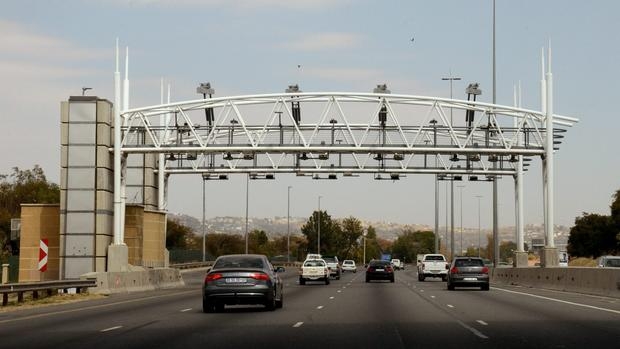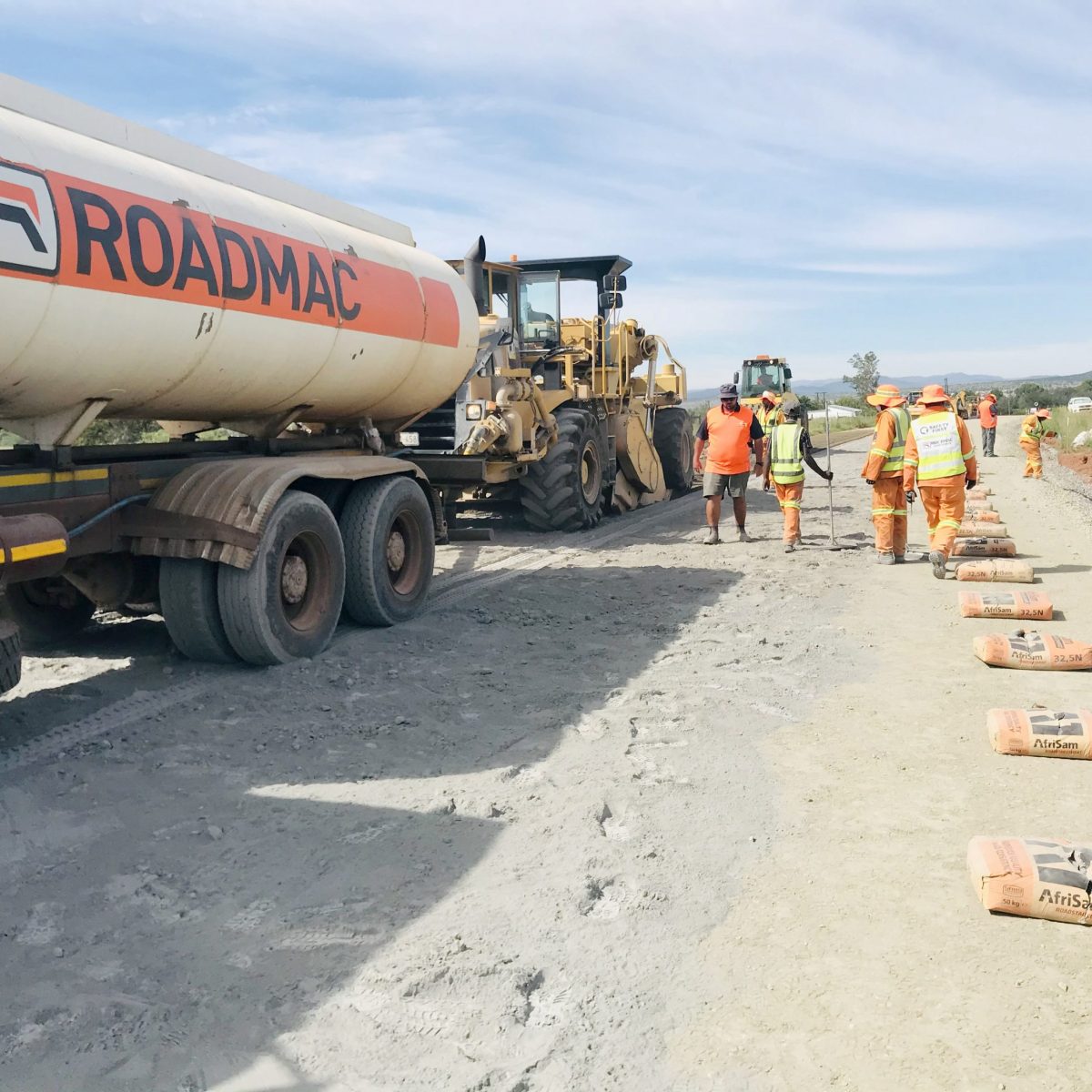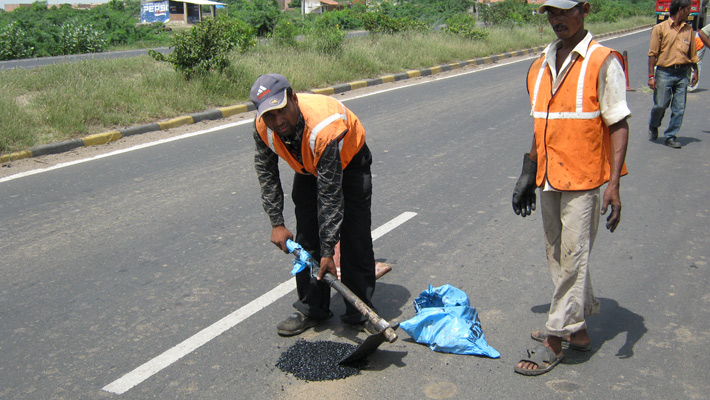

The public was not properly consulted in the process to implement e-tolling in Gauteng, says Electronic Toll Collection (ETC) Gauteng open road tolling operations VP Coenie Vermaak.
“The Gauteng Freeway Improvement Project (GFIP) was very poorly communicated and the taxpayer not respected. “If people consulted me better, then I would have had a better attitude,” said Vermaak at the Southern African Transport Conference on Monday, held in Pretoria. ETC was established in 2010 to provide the technology for e-tolling on Gauteng’s freeways, as well as to manage toll collection on behalf of government’s South African National Roads Agency Limited (Sanral). ETC is owned by Austria-based firm, Kapsch.
Etolls have been levied on Gauteng freeways as a method of payment for the almost 200 km of freeway upgrades, initiated in 2008, in what was called GFIP Phase 1. Vermaak added that public trust was a ‘real issue’. “Everything that is [associated] with government is looked at with distrust and looked at as a money-making racket. I think there needs to be a process to rebuild this trust.”
Vermaak noted that only 30% of users currently paid their toll fees, which made operating the system quite expensive. There are 3-million vehicles a day on the Gauteng e-toll network. Looking ahead, he said that ETC was working to gain political support “and to get clarity for Gauteng road users”.
Nonpayment of etolls in Gauteng has persisted since its implementation in 2013, in a long-running show of public disobedience. The ANC government, which approved the toll scheme, has been a reluctant supporter in recent years, faced with a backlash that may hurt the party at the next round of elections.
The truth, warned Vermaak, was that Sanral had raised the money to expand the Gauteng freeway network, and that this money had to be paid back. He added that the historic debt of road users “had to be addressed”. He said ETC was pursuing outstanding debts, with about 8 000 summonses issued.
Vermaak added that it was an imperative to localise ETC. “There is this stigma that a lot of money has left the country; that Kaspch left with suitcases full of money. That is not the case. Kapsch has not earned a single rand profit out of this project to date.”
More news
- CELEBRATING EXCELLENCE IN THE RESIDENTIAL PROPERTY SECTOR
- PART 4: GIBS PANEL DISCUSSES INTEMEDIATE CITIES ROLE IN AFRICA’S DEVELOPMENT
- EXPOSED AGGREGATE PAVERS COMPLEMENT NEW LIFESTYLE CENTRE
- GIBS PANEL EXPLORES ROLE OF INTERMEDIATE CITIES IN SA’S DEVELOPMENT PART 3
- CITI-CON’S CONCRETE KNOWLEDGE SUCCESSFULLY DEPLOYED ON NEW LANDMARK DEVELOPMENT





